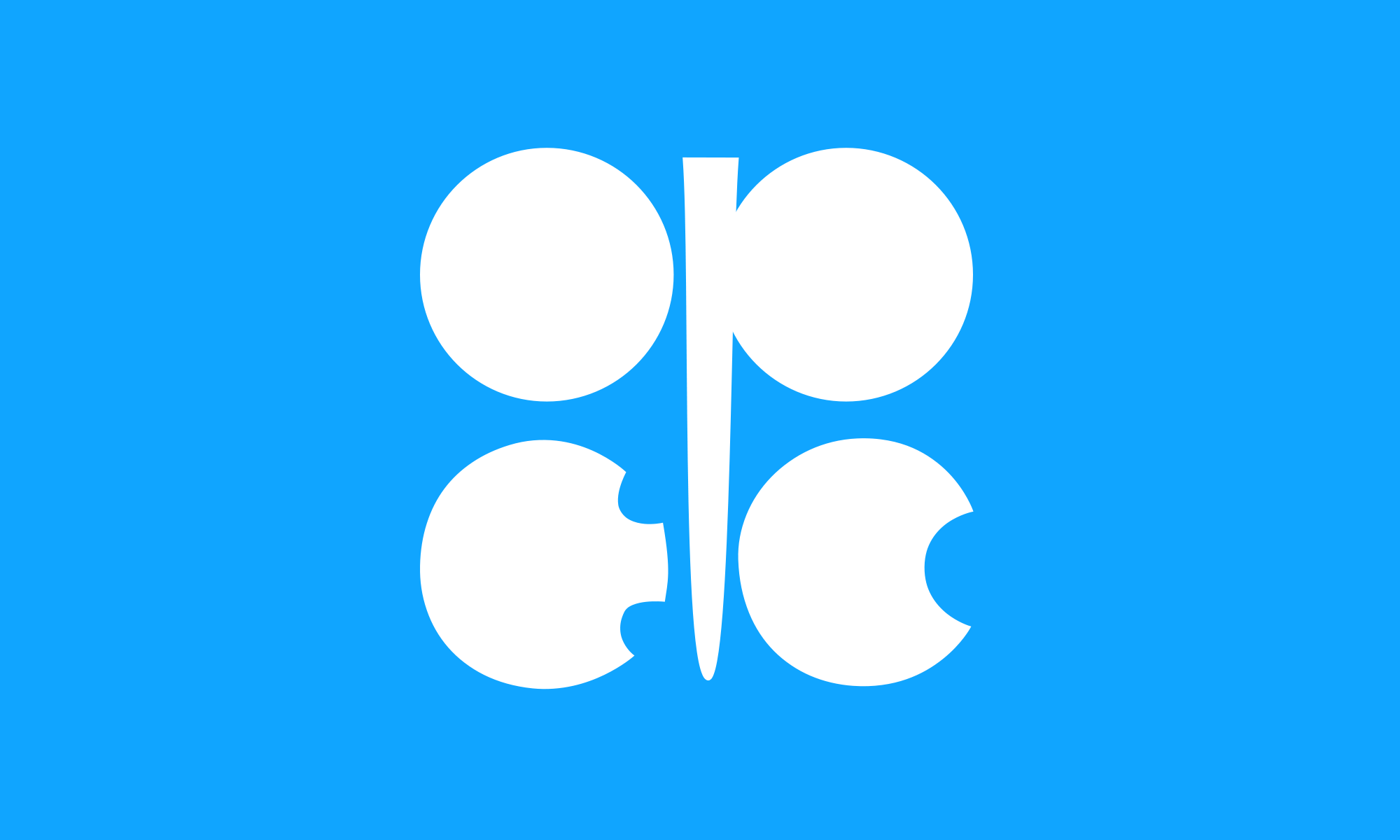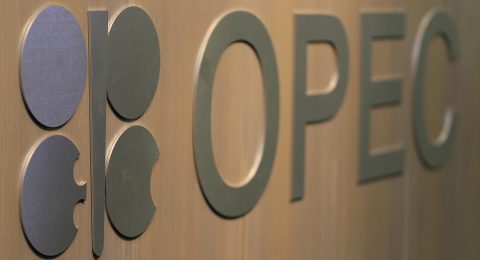Mexico supports Algeria’s initiative to encourage dialogue between OPEC and non-OPEC countries in a bid to begin collective action that would help stabilize oil markets through a coordinated production cut, Algerian state news agency APS reported Thursday.
APS quoted an official statement released after talks Wednesday in Algiers between Jose Antonio Meade Kuribrena, Mexico’s foreign affairs secretary, and his Algerian counterpart, Ramtane Lamamra.
“Mexico on Wednesday pointed to the importance of the Algerian initiative to initiate dialogue between OPEC member countries and non-OPEC states with a view to balancing the market through a reduction in production,” APS quoted the statement as saying.
According to the statement, the two ministers said that the initiative was a way of stabilizing the market through a production cut “to assure long-term price stability and to have a price that is satisfactory for both producers and consumers.”
Algerian oil minister Youcef Yousfi said on numerous occasions so far in 2015 that he hoped the initiative would bring OPEC and non-OPEC countries together in dialogue, and that Algeria had already contacted several non-OPEC countries, including Azerbaijan, Kazakhstan, Russia and Oman.
Russia’s deputy Prime Minister Arkady Dvorkovich said earlier this month that Moscow continues to engage in intensive talks on energy issues with its partners around the world, with consultations with OPEC member countries, among others, reaching “unprecedented” levels.
VENEZUELA ROLE
Algeria and Venezuela have been particularly active in efforts to boost cooperation between OPEC and non-OPEC producers. In the runup to OPEC’s November 27 meeting and with oil prices still sliding, both countries pushed for a cut in crude output.
Just ahead of the OPEC talks, Venezuela organized a four-way meeting in Vienna with OPEC kingpin Saudi Arabia and non-OPEC Russia and Mexico.
But the meeting failed to produce any agreement on joint output cuts and Saudi Arabia — supported by its Gulf allies Kuwait, Qatar and the UAE — drove the oil producer group’s decision to maintain official output at 30 million b/d.
OPEC insisted last week in a magazine editorial that stabilizing oil markets was the responsibility of all producing countries.
Venezuela’s ministers of oil and foreign affairs — Asdrubal Chavez and Delcy Rodriguez — this week traveled to Iran, Saudi Arabia and Qatar.
Saudi Arabia, meanwhile, pumped at record levels in March. Earlier this month, oil minister Ali Naimi said the kingdom’s crude output had averaged 10.3 million b/d in March — an increase of more than 660,000 b/d from February — and would continue around the 10 million b/d level.
Source: Platts












